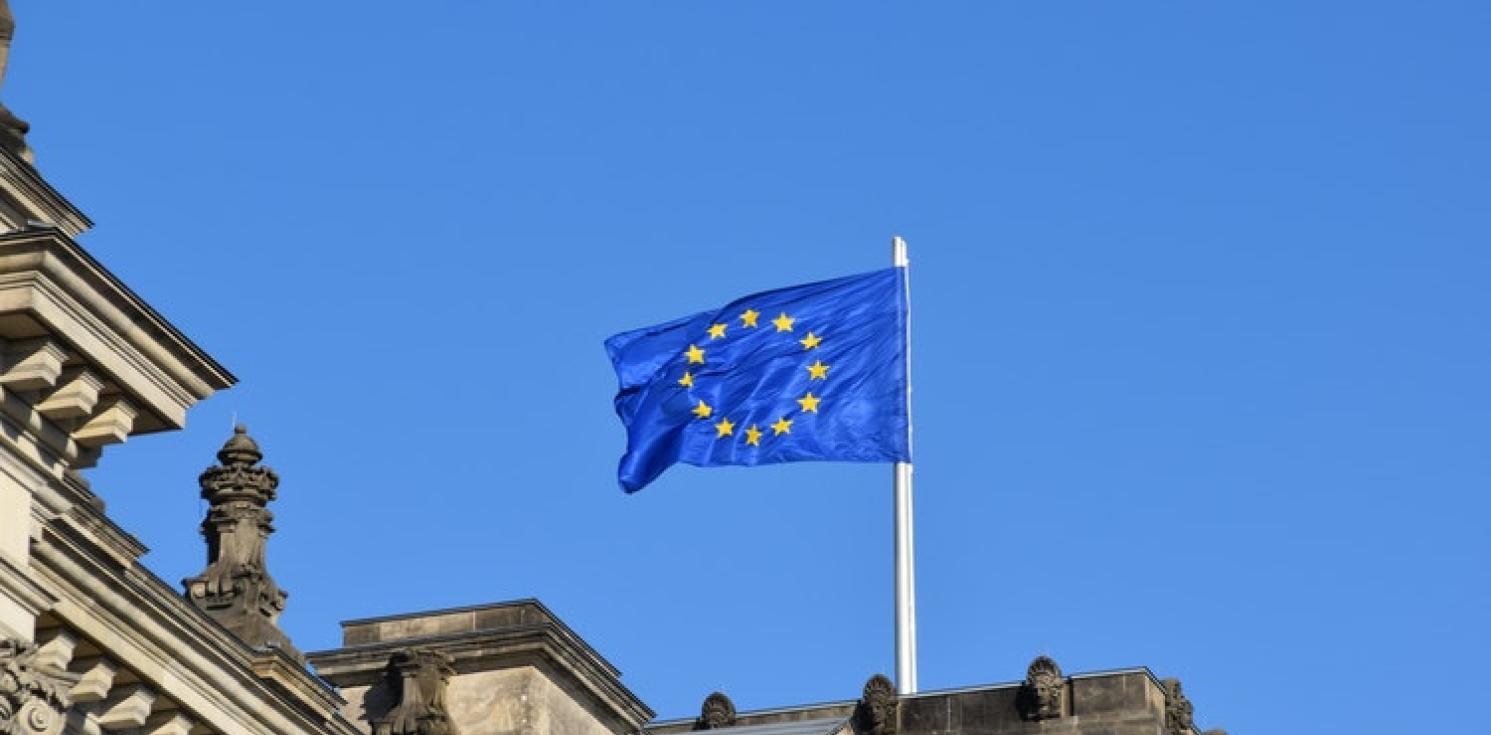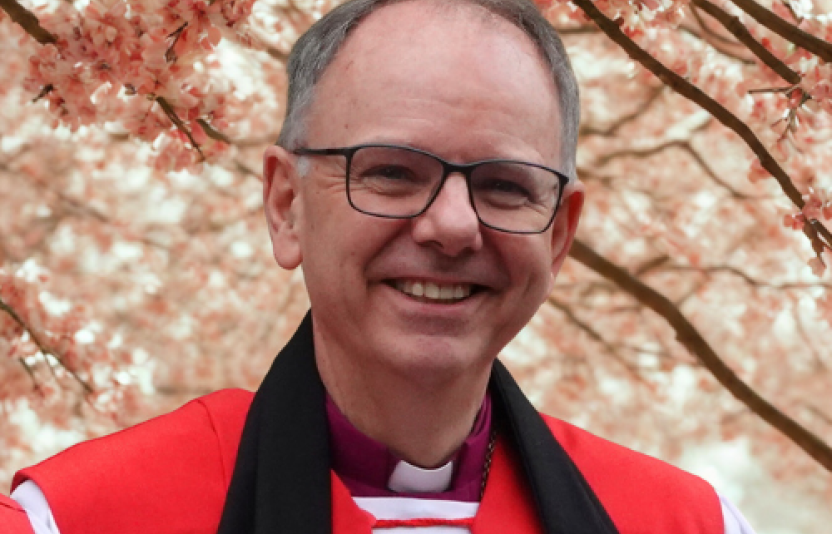Europe Day 2019

Today across Europe we celebrate Europe Day. It is a key date in European history on which we recall the first major development in the post-war re-building of European unity. The Schuman Declaration, launched on 9 May 1950, developed into plans that founded the European Economic Community, which subsequently became the European Union we know today.
The next elections to the European Parliament take place in two weeks – 23 to 26 May. These elections come at a challenging time for Europe. Resurgent nationalism and authoritarian populism, economic struggles and unemployment, the arrival of refugees and the global ecological crisis are dramatically reshaping life in a fragile Europe. And Europe is having to redefine itself and its role amidst the shifting global economic and political power balances of our times.
This uncertain and dangerous context makes for a compelling case to vote in these elections, forty years after the first direct elections in 1979. As the Conference of European Churches has emphasised:
“Through participation in democracy, we raise our hopes for a better Europe and a better future. The European Union commits itself to justice, peace, solidarity, and human dignity. Churches share these values and believe that the economic, social, spiritual, and ecological aspects of our lives are intertwined and cannot be dealt with in isolation.”
Since the Treaty of Lisbon in 2009, a dialogue between the EU and religious organisations has given Churches across the Union a new voice. The Diocese in Europe, representing the Church of England, participates actively in this Article 17 dialogue. Amongst other issues, in the next mandate of the European Parliament I believe we need to give especial attention to the issue of persecuted Christians worldwide, and how European States and Institutions are responding to their plight.
Across many areas of life, the European Parliament plays an important role in the European Union. Whilst originally having only the right to be consulted, its legislative power has increased, and it now has extensive powers of co-decision with the Member States. It has budgetary authority, and it exercises democratic and political supervision of the European Commission and other EU institutions.
Deep uncertainty remains on Brexit. The UK Government has confirmed that the United Kingdom will participate in these European Parliamentary elections. But whatever happens now with Brexit, Anglicans have been on the continent of Europe for over 400 years, and we are here to stay as an active Christian Church among our brother and sister Churches across Europe and, for many of our members, as voting residents or citizens of EU member states.
Simone Veil was elected as the first President of the European Parliament in July 1979. She was a Holocaust survivor who became a distinguished national political figure in France and on the European stage. In 1982, she said:
‘Europe's destiny and the future of the free world are entirely in our hands.'
That statement is as relevant today as it ever was. Our right to vote is precious and a means of influence for good.
Democracy is fragile and few countries have enjoyed it for long. So I urge all Anglicans in Europe who have a vote in the European Parliamentary elections to use it.
The Rt Revd Dr Robert Innes
Anglican Bishop in Europe


